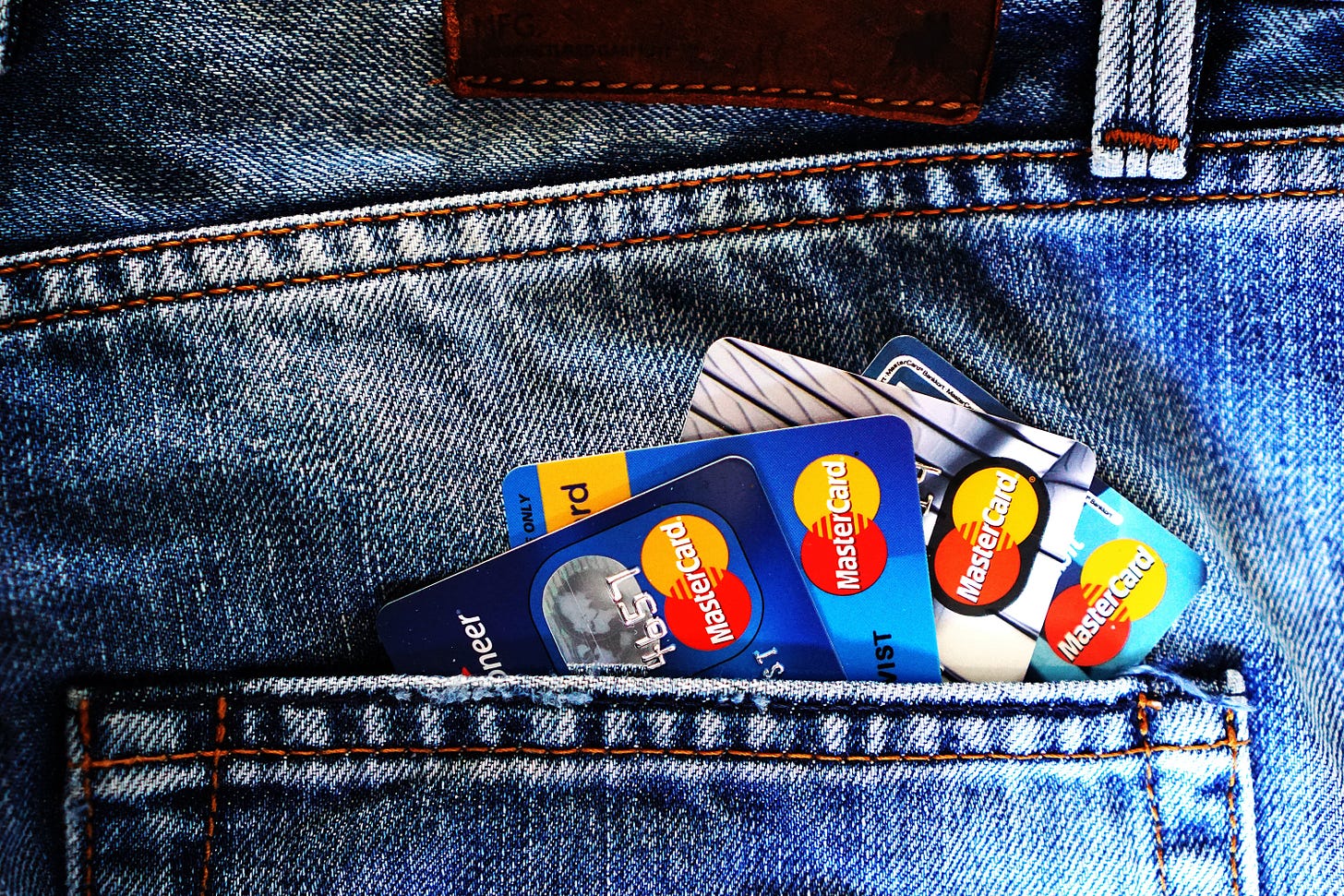Mastercard Moves to Expedite its Sustainable Card Efforts
Global payment processing firm Mastercard is accelerating efforts to remove first–use, PVC plastics from payment cards on its network by 2028.
The company said the move further reinforces its sustainability commitments and scales the accessibility of more sustainable card offerings for consumers seeking a way to reduce the environmental impact of their wallet.
From January 1, 2028, all newly–produced Mastercard plastic payment cards will be made from more sustainable materials – including recycled or bio-sourced plastics such as rPVC, rPET, or PLA1 - and approved through a certification program, in a first move for a payment network. The company will support its global issuing partners through the transition away from virgin PVC.
Mastercard launched its Sustainable Card Program in 2018. Since then, over 330 issuers across 80 countries have signed up, working in partnership with major card manufacturers to transition more than 168 million cards across its network to recycled and bio-based materials.
The latest announcement accelerates these efforts, while also complementing the company’s work to deliver innovative, digital-first card programs that fully eliminate the need for a physical card offering.
The rule change will see all newly made cards certified by Mastercard to assess their composition and sustainability claims; this certification will then be validated by an independent third-party auditor. Once a card has been validated it can be imprinted with a Card Eco Certification mark.
Commenting on the news, Taylan Turan, Group Head of Retail Banking and Strategy, Wealth and Personal Banking at HSBC, said: “Today’s announcement from Mastercard is a huge step for financial services. New sustainable materials, such as rPVC, offer our sector a clear way to accelerate its efforts to build a more sustainable future.”
#biosourcedplastics #sustainablematerials



